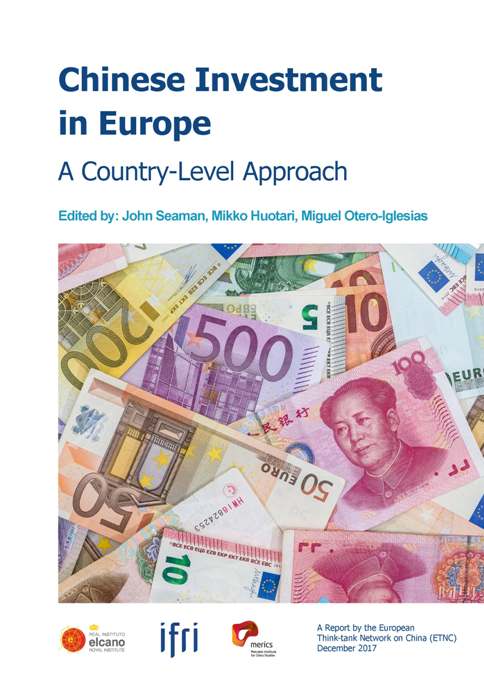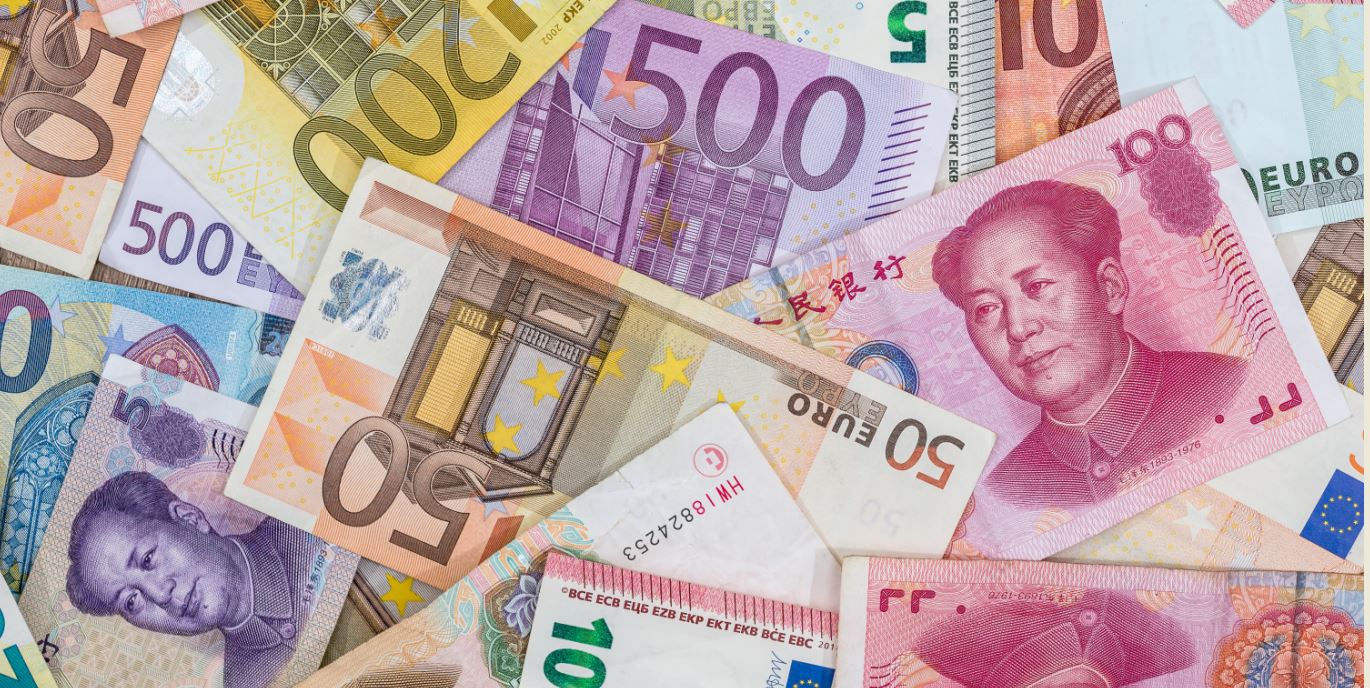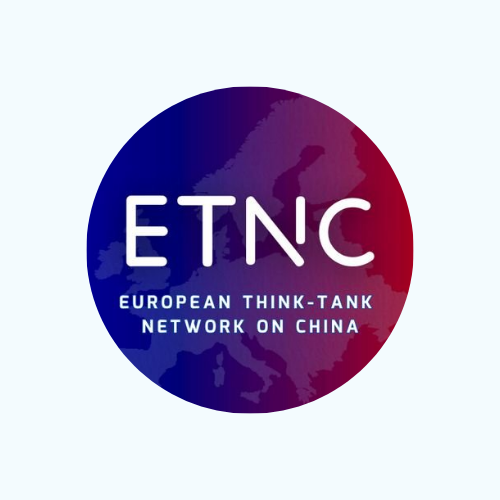Chinese Investment in Europe. A Country-Level Approach

Chinese investments in Europe have surged in recent years, becoming both a source of hope and growing concern across the continent.

Foreign direct investment (FDI) in the European Union traced back to mainland China hit a record EUR 35 billion in 2016, compared with only EUR 1.6 billion in 2010, according to data gathered by the Rhodium Group. In a historic shift, the flow of Chinese direct investment into Europe has surpassed the declining flows of annual European direct investments into China. As China continues to grow, develop, and integrate into the global economy, its overseas investments expand in quantity and quality, reflecting both the growing sophistication of the Chinese economy and broader Chinese commercial and policy goals. Going beyond FDI, Chinese investment is creating new realities for Europe-China relations.
This report by the European Think-tank Network on China (ETNC) brings together original analysis from 19 European countries to better understand these trends and their consequences for policy making and Europe-China relations, including at the bilateral, subregional and EU levels. As in all ETNC reports, it seeks to do so using a country-level approach. Through these case studies, including an introductory explanation and analysis of EU-wide data, the report aims to identify and contextualize the motives for Chinese investment in Europe and the vehicles used. However, the originality of the report also lies in the analysis of national-level debates on China, Chinese investment, and openness to foreign investment more generally. This is not just a story about FDI strictly defined, but about the (geo)political implications that emanate from deeper economic interaction with China. Ultimately, Europe is far from speaking with a single voice on these matters, and identifying where the divergences and convergences lie will be crucial in formulating solid and complementary policy positions at the EU and national level moving forward.
This report is the third in an on-going effort to dissect and reassemble Europe–China relations from a European country-level perspective. The first roundtable discussions on the report were graciously hosted by the Finnish Institute of International Affairs (FIIA) in Helsinki in May 2017, and its conclusions further refined in discussions organized at the Istituto Affari Internazionali (IAI) in Rome in October 2017. The report has been coordinated by Ifri with the active participation of all ETNC institutions and an equal sharing of publication costs between Ifri, Elcano and MERICS.
List of institutions contributing to ETNC
Coordinating Institutions
- French Institute of International Relations (Ifri), France
- Elcano Royal Institute, Spain
- Mercator Institute for China Studies (MERICS), Germany
Participating Institutions
- Egmont Royal Institute for International Relations, Belgium
- Institute of International Relations, Czech Republic
- Danish Institute for International Studies (DIIS), Denmark
- Finnish Institute for International Affairs, Finland
- Institute of International Economic Relations, Greece
- Corvinus University of Budapest, Hungary
- Istituto Affari Internazionali (IAI), Italy
- Latvian Institute of International Affairs (LIIA), Latvia
- The Netherlands Institute of International Relations “Clingendael”,
The Netherlands - Norwegian Institute of International Affairs (NUPI), Norway
- Polish Institute of International Affairs (PISM), Poland
- University of Aveiro, Portugal
- Institute for World Economy, Romanian Academy, Romania
- University of Economics in Bratislava, Slovakia
- The Swedish Institute of International Affairs (UI), Sweden
- Chatham House, United Kingdom
This Report is available in English only

Available in:
Regions and themes
ISBN / ISSN
Share
Download the full analysis
This page contains only a summary of our work. If you would like to have access to all the information from our research on the subject, you can download the full version in PDF format.
Chinese Investment in Europe. A Country-Level Approach
Related centers and programs
Discover our other research centers and programsFind out more
Discover all our analyses
RAMSES 2024. A World to Be Remade
For its 42nd edition, RAMSES 2024 identifies three major challenges for 2024.
France and the Philippines should anchor their maritime partnership
With shared interests in promoting international law and sustainable development, France and the Philippines should strengthen their maritime cooperation in the Indo-Pacific. Through bilateral agreements, expanded joint exercises and the exchange of best practices, both nations can enhance maritime domain awareness, counter security threats and develop blue economy initiatives. This deeper collaboration would reinforce stability and environmental stewardship across the region.

The China-led AIIB, a geopolitical tool?
The establishment of the Asian Infrastructure Investment Bank (AIIB) in 2016, on a Chinese initiative, constituted an attempt to bridge the gap in infrastructure financing in Asia. However, it was also perceived in the West as a potential vehicle for China’s geostrategic agendas, fueling the suspicion that the institution might compete rather than align with existing multilateral development banks (MDBs) and impose its own standards.
Jammu and Kashmir in the Aftermath of August 2019
The abrogation of Article 370, which granted special status to the state of Jammu and Kashmir (J&K), has been on the agenda of the Bharatiya Janata Party (BJP) for many decades.









